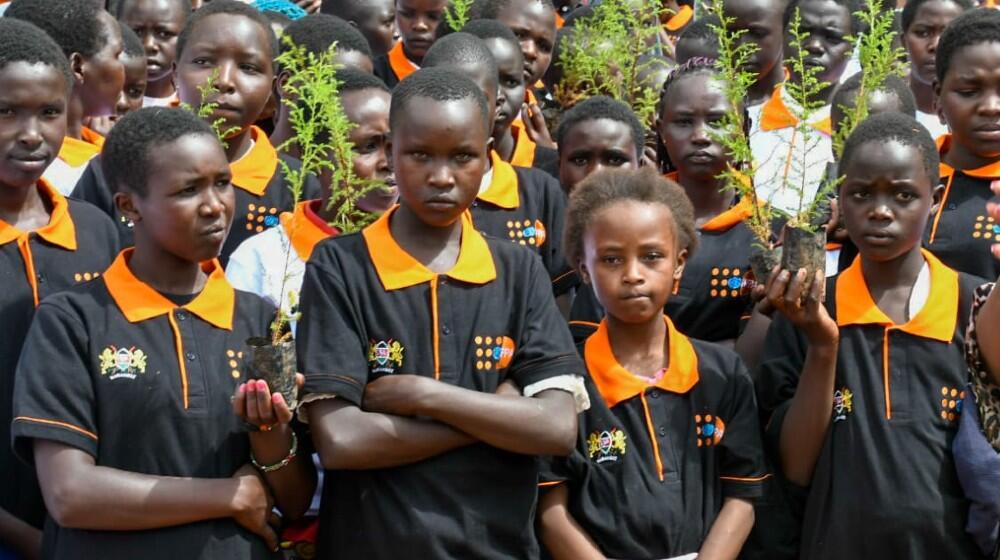For thousands of girls living in Kenya’s FGM hotspots, the November to December school break brings with it a renewed risk of FGM. With a vacation period lasting more than two months, FGM is commonly carried out during this time to avoid school absences that may otherwise raise the alarm.
“During this time, girls are seeking temporary shelter where they can stay until the threat of FGM is over,” says Elgeyo Marakwet Deputy Governor Prof. Grace Cheserek. While the practice has been declared illegal in Kenya, deeply rooted cultural beliefs have stalled progress towards the elimination of FGM in some parts of the Country.
UNFPA partnered with the County Government of Elgeyo Marakwet and grassroots civil society organization the Center for Enhancing Democracy and Good Governance (CEDGG) to equip a newly established rescue center that aims to house more than 50 girls seeking refuge from FGM.
Established by the African Inland Church, Chorwo, the center will offer a safe space, food, and basic hygiene items to at-risk girls throughout the year temporarily until a long-term solution is found to ensure their safety. UNFPA provided 50 sets of bedding including mattresses, pillows, blankets, and beds for use by the shelter. So far, 35 girls have sought refuge at the shelter, with more expected to arrive as the holiday season progresses.
Recently released data from the Kenya Demographic and Health survey 2022 shows that FGM has been on a steady decline in the country, from 32% in 2003 to 15% in 2022. Emerging trends such as medicalization as well as cross-border FGM however threaten these gains. As part of the UNFPA-UNICEF joint program on the elimination of FGM, UNFPA has been working with the Government of Kenya and partners to support initiatives aimed at ending FGM, including the development of national and county policies and laws, community dialogues to end FGM, as well as promoting women and girls empowerment through education and livelihood activities.


